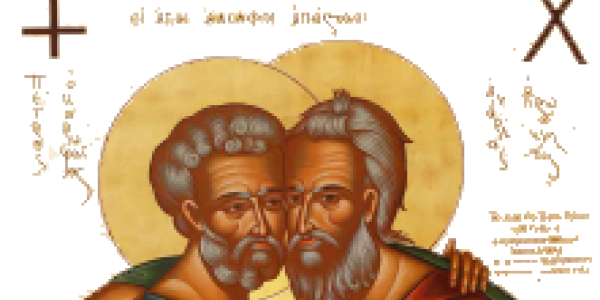Recommendation on Education in Catholic and Jewish Seminaries and Schools of Theology
04/05/2001 | Na stronie od 04/05/2001

Relations between the Catholic Church and the Jewish People have improved significantly in the last half-century. The education of future clergy and lay leaders in both our communities is crucial if coming generations are to sustain and further this progress.
In particular, the curricula of Catholic seminaries and schools of theology should reflect the central importance of the church's new understanding of its relationship to Jews. To that end, we recommend:
-
Courses on Bible, patristics, early church history and liturgy should incorporate recent scholarship on Christian origins. Illumining the complex developments by which both the church and rabbinic Judaism emerged from early Judaism will establish a substantial foundation for ameliorating "the painful ignorance of the history and traditions of Judaism of which only negative aspects and often caricature seem to form part of the stock ideas of many Christians" (Notes on the Correct Way to Present Jews and Judaism in Catholic Preaching and Catechesis, #27, 1985). Opportunities for faculty to continue their own learning about Jewish-Christian relations should be available so that their courses will reflect the richness of contemporary scholarship.
-
Courses dealing with the biblical, historical and theological aspects of relations between Jews and Christians should be an integral part of the seminary and theologate curriculum, and not merely electives. All who graduate from Catholic seminaries and theology schools should have studied the revolution in Catholic teaching on Jews and Judaism from Nostra Aetate to the prayer of Pope John Paul II in Jerusalem at the Western Wall on March 26, 2000.
The Jewish community has yet to undertake a similar effort to promote a basic understanding of Christianity. For historic reasons, many Jews find it difficult to overcome generational memories of anti-Semitic oppression. Therefore:
- Lay and Religious Jewish leaders need to advocate and promote a program of education in our Jewish schools and seminaries - about the history of Catholic-Jewish relations and knowledge of Christianity and its relationship to Judaism. Such knowledge does not mean Jewish acceptance of Christianity's theological tenets. Encouragement of dialogue between the two faiths does involve recognition, understanding and respect for each other's beliefs, without having to accept them. It is particularly important that Jewish schools teach about the Second Vatican Council, and subsequent documents and attitudinal changes which opened new perspectives and possibilities for both faiths.
Educational institutions in both our communities should make every effort as appropriate to their particular contexts to expose students to each other's communities through guest lecturers, field trips, involvement in local, national and international dialogue groups and conferences. The resources of the Internet should be utilized, especially sites such as www.jcrelations.net and the sites of various centers for Jewish-Christian understanding.
17th International Catholic-Jewish Liaison Committee
New York City, May 4, 2001